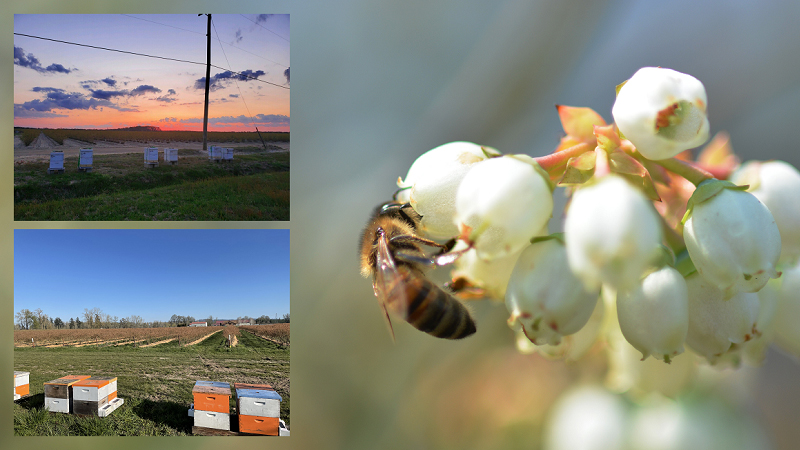Scientists Seek To Save Flavor Of Tomatoes And Strawberries
USDA’s National Institute of Food and Agriculture (NIFA) has awarded University of Florida scientists Kevin Folta and Thomas Colquhoun $500,000 to investigate how to get tomatoes and strawberries to retain their flavors and last longer.
The NIFA-funded project will examine how light can affect the quality of fruits and vegetables after harvest, said Folta, a UF/IFAS horticultural sciences professor. About 50% of harvested produce goes to waste, so increasing shelflife, nutrient, and flavor retention may help increase consumption of healthy food.
“Harvested fruits and vegetables are metabolically active, living tissues,” Folta said. “We’ve found that we can manipulate their quality by stimulating their light-sensing networks. This non-chemical treatment has been shown to have clear effects on the production of flavor compounds and genes associated with central metabolic pathways.”
Folta and Colquhoun, an environmental horticulture assistant professor, will examine the effects of specific light wavelengths, or colors, on reprogramming fruit metabolism and breakdown. These treatments are delivered by specialized LED-light devices immediately after harvest or at retail. Plants possess light-sensing pathways that change which genes are turned on and off and can affect quality in harvested plant products.
“These simple, low-cost applications could have big dividends for retailers and consumers, as produce would retain nutrient content and quality longer,” Folta said. “Their use in the developing could help ensure that more nutrient-dense foods get to people that need them, and it is exciting that a cheap, durable and solar-powered solution could bring such benefits.”









